
News & Events
News
Stay updated with the latest news, insights, and developments in engineering biology
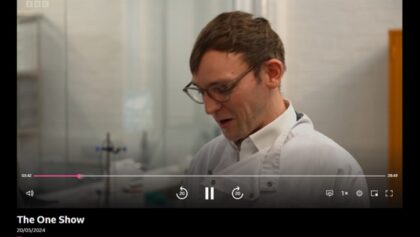 20th May 2024
BBC highlight Modern Synthesis
1 min read time
Continue reading
20th May 2024
BBC highlight Modern Synthesis
1 min read time
Continue reading
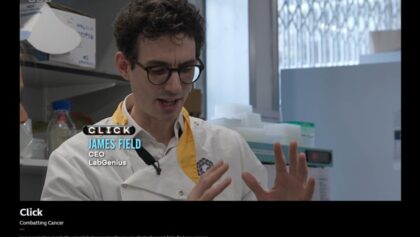 11th May 2024
BBC Click Combatting Cancer
1 min read time
Continue reading
11th May 2024
BBC Click Combatting Cancer
1 min read time
Continue reading
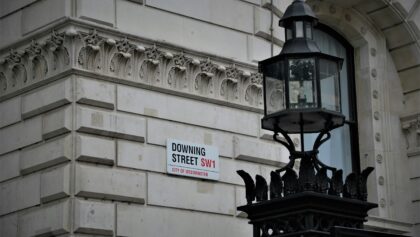 19th May 2023
New Government Report
1 min read time
Continue reading
19th May 2023
New Government Report
1 min read time
Continue reading
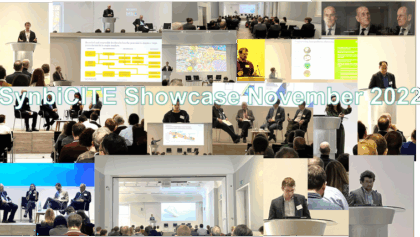 17th November 2022
SynbiCITE Showcase 2022
1 min read time
Continue reading
17th November 2022
SynbiCITE Showcase 2022
1 min read time
Continue reading
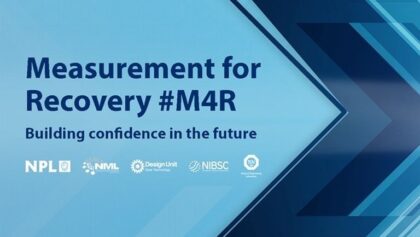 15th September 2020
Measurement for Recovery
2 min read time
Continue reading
15th September 2020
Measurement for Recovery
2 min read time
Continue reading
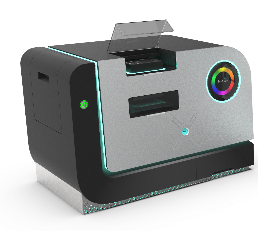 2nd March 2020
Evonetix raises $30 million USD (£23 million GBP)
4 min read time
Continue reading
2nd March 2020
Evonetix raises $30 million USD (£23 million GBP)
4 min read time
Continue reading
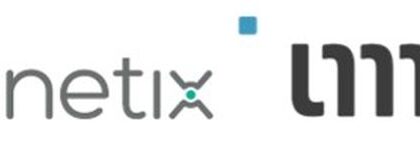 13th January 2020
Evonetix collaborates with imec to scale-up chip-based technology production for third generation DNA synthesis platform
2 min read time
Continue reading
13th January 2020
Evonetix collaborates with imec to scale-up chip-based technology production for third generation DNA synthesis platform
2 min read time
Continue reading
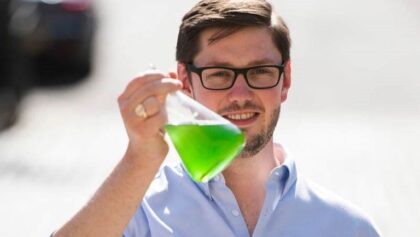 9th January 2020
Biotech firm MiAlgae secures £1m to turn whisky by-products into pet and fish food
3 min read time
Continue reading
9th January 2020
Biotech firm MiAlgae secures £1m to turn whisky by-products into pet and fish food
3 min read time
Continue reading
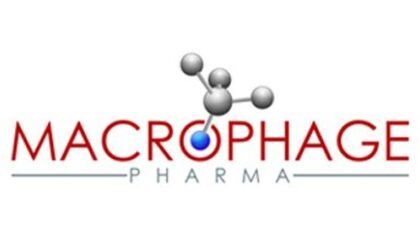 9th January 2020
Macrophage Pharma Expands Executive Team with Chief Scientific Officer and Chief Technology Officer
4 min read time
Continue reading
9th January 2020
Macrophage Pharma Expands Executive Team with Chief Scientific Officer and Chief Technology Officer
4 min read time
Continue reading
Loading